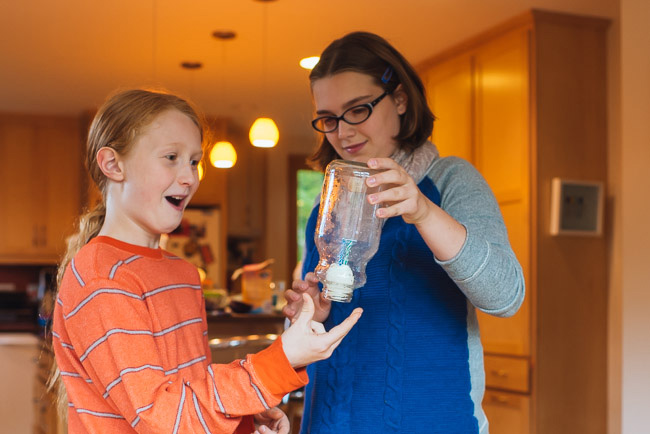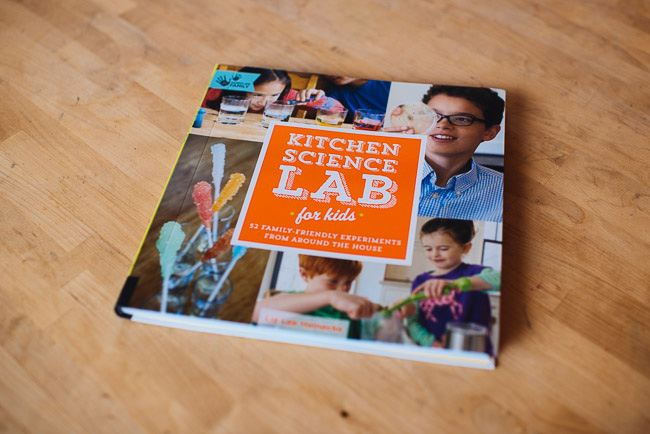
Let’s say it’s a long rainy day. Or an even longer snowy day. (Yes, that’s coming soon.) If you’ve got kids to entertain, you probably make a batch or two of chocolate chip cookies. Nothing wrong with that. It’s a delicious, time-honored boredom buster.
But think about it: You’ve got a whole kitchen full of chemicals — chemicals that not only make our food delicious but also expand and pop and fizz and change colors. And all that popping, fizzing and changing colors — well, that’s science.
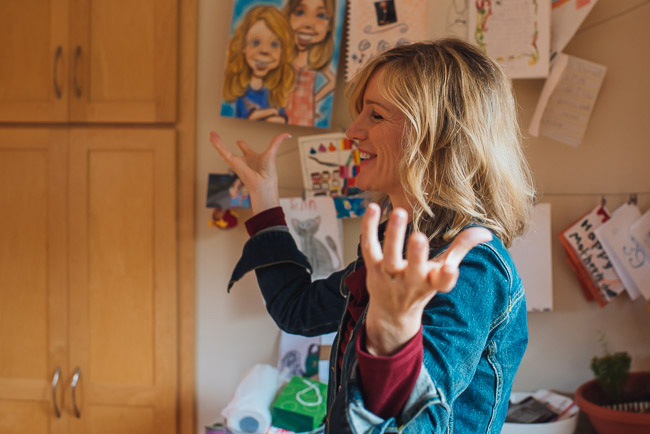
That’s what Liz Heinecke wants you to think the next time you and your kids are staring at a free hour or so: “Hey, sweetie, let’s do some science.”
“My whole goal is to make it easy for parents and kids to do science at home,” she says, “so they’re not afraid to do it. They’ll dig in. They’ll get their hands dirty. And they’ll ask questions. ‘What if I do this?’ That’s what science should be, especially when you’re young.”
Heinecke is a molecular biologist and an Edina mom of three. She has been blogging at KitchenPantryScientist.com since 2009 and has created the KidScience iPhone app. This month, she published 52 of her kid-friendly, kitchen-centered experiments in Kitchen Science Lab For Kids (Quarry Books).
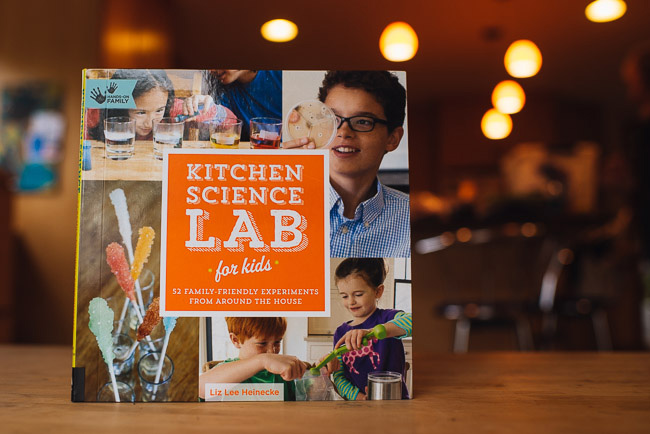
Remember cornstarch goo — that stuff that drips when you hold it still and cracks when you try to move it quickly? It’s in the book. Remember vinegar and cornstarch volcanoes and red cabbage litmus tests? Also in there, along with plenty of elementary-school favorites.
But in her book Heinecke explains in a section called “The Science Behind the Fun” that the cornstarch goo breaks the rules of solids and liquids because it’s a non-Newtonian fluid, and the molecules rearrange themselves to act more like a solid when they’re stressed. (Ohhhh … that’s what’s going on!) And she asks kids to think like scientists: What happens if you change the amount of water? What could you use a non-Newtonian fluid for?
For a lot of parents, science is much scarier than reading and math. We read with our preschool-age kids, count with them, and do simple math all the time, often without even thinking about it. But, science? We’ve forgotten so much and don’t feel like we have the vocabulary to explain things like molecules. So we leave that to the teachers.
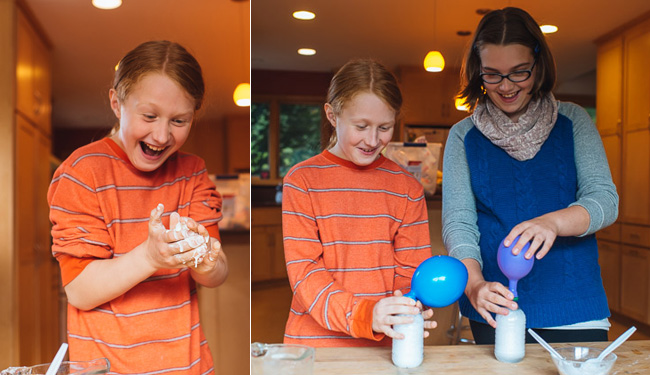
Heinecke wants science to start at home — in the kitchen. “Then when you get to school, you’re not afraid of science. You think, ‘Oh, cool, science,’” she says. “People are intimidated by science, and they shouldn’t be. Because we all are scientists at some level.”
When Heinecke’s kids were younger, she traded off childcare with a friend. When it was her turn, she organized Science Wednesdays. Sometimes she and the preschoolers would go on nature walks and look for caterpillars. Sometimes they’d soak eggs in vinegar and make hypotheses about what would happen to the shell. Sometimes they’d make pizza dough. (Yeast? Gluten? Totally science.)
That led to blogging, which led to opportunities to be an ambassador for science education. Heinecke volunteered with NASA and the Science Museum of Minnesota to host programs about the science of climate change. She still appears regularly on KARE-11 Sunrise, demonstrating experiments.
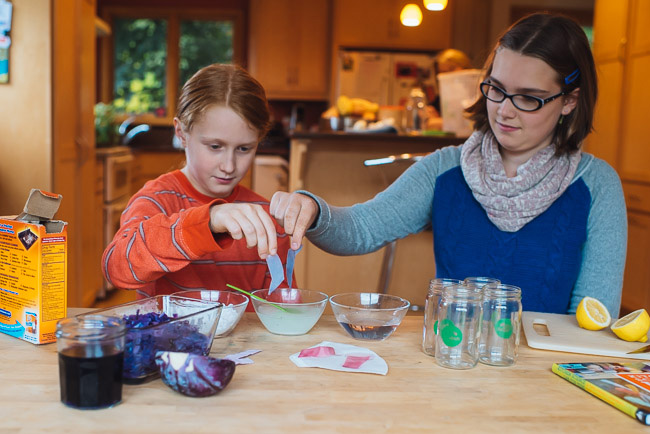
“Lots of the people talking about science on TV are men,” she says. “I think it’s nice to see a mom who’s doing it so people can put themselves in my shoes, rather than someone in a white lab coat and safety glasses. I’m just standing there with a carton of milk and food coloring. This is science!”
“Half the battle,” she continues, “is making people understand science doesn’t belong in a lab. Science is all around us. We just have to notice it. People think chemicals are in a lab. No, your kitchen is full of chemicals. Everything we cook with is a chemical. Milk is proteins. Baking soda is sodium bicarbonate. Vinegar is an acid. If you know a little bit about chemistry, you can make your food taste better.”
Yes, science can make your food taste better, but with Heinecke’s Kitchen Science Lab for Kids it can also help you make a film canister rocket, a dancing foil electroscope and spy juice. Maybe next time the chocolate chip cookies can wait.
